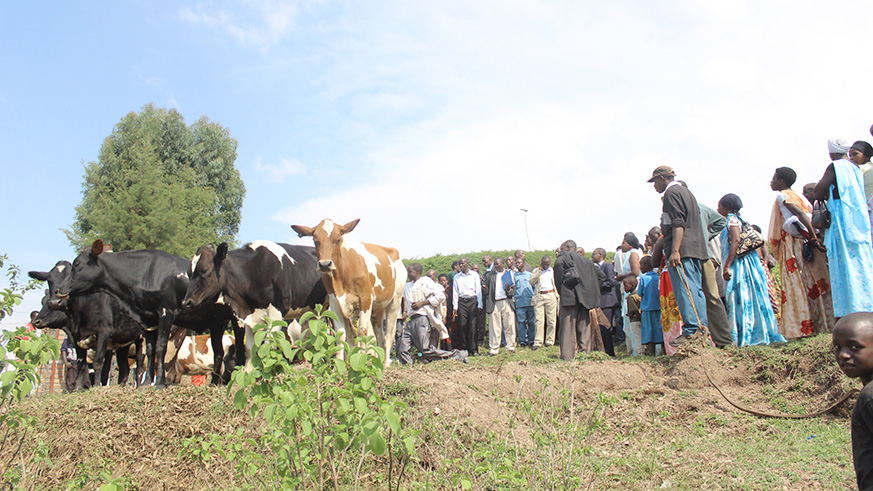

When the Rwanda Patriotic Front stopped the 1994 Genocide against the Tutsi and effectively took power nearly 27 years ago, it embarked on an unenviable task of building an inclusive, prosperous nation, one that all citizens would be proud to call home. Since then, the RPF has won elections on the platform of a solid track record in serving all Rwandans without leaving anyone behind.
Indeed, at the heart of President Paul Kagame’s election manifesto in 2017 was a pledge to continue on an inclusive development trajectory. Now, for more than 15 years, the RPF-led government has been known for increasingly rolling out social protection programmes designed to improve the quality of life for the most vulnerable members of society. From Girinka (one cow per family) and Vision 2020 Umurenge Programme to Mutuelle de Sante (community-based health insurance) and Fund for the Support of Genocide Survivors, the government has relentlessly sought to build social safety nets for the most disadvantaged members of society to beat the poverty trap and to prosper.
Together, these pro-poor programmes helped lift millions out of poverty. Of course, over the last one year or so, the pandemic has threatened to undo much of the progress on that front. Nonetheless, the government has yet again signalled it remains unwavering in its commitment to an inclusive growth agenda. The latest effort came in the form of Monday’s cabinet approval of new critical national policies; one on persons with disabilities, and the other on elderly persons.
Both policies are designed to help fix lingering bottlenecks that continued to undermine interventions that sought to ensure that both sets of vulnerable citizens are accorded equal opportunities as well as affordable, quality services in all aspects.
The National Policy on Persons with Disabilities seeks to, among others, address communicational and environmental barriers which have hindered PwDs to fully access social, education and health services. For instance, it will help promote PwDs’ access to social security and income support programmes, participation in the labour market, as well as ensure universal design standards and regulations that support accessible and affordable infrastructure. It also seeks to enhance participation of PwDs in the agriculture sector, and digital inclusion, as well as to empower PwDs to access digital services and technological innovations.
On the other hand, the National Older Persons Policy is seen as a key tool in efforts toward ensuring physical, economical and psychological preparedness for older persons, improving their health and quality of life, and providing them with protection and care.
Yet, for these policies to meet their intended objectives, there is a need for everyone to play their role. From government ministries and agencies to private institutions and businesses to individual citizens, the task to treat both persons with disabilities and the elderly equally and fairly, with dignity and sympathy, is both a moral and legal imperative. We should all endeavour to ensure that these policies and other social protection interventions and schemes succeed. That way, together, we will build a country that’s fully inclusive and takes good care of its own.


